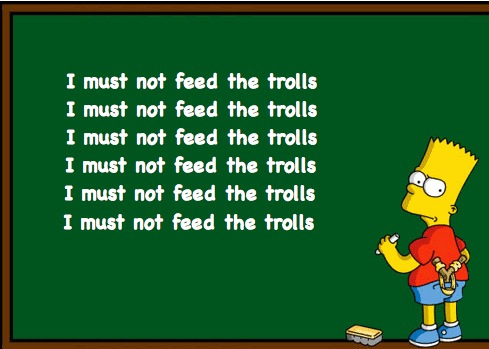I question the validity of this, basically it's the summation of shot attempts, the differential.
I remember TO having Jason Blake, he was a shot attempt machine, I believe he even took 400 shots one year so how many attempts would he have taken as well? Anyone playing with this human shot machine would undoubtedly sport a very impressive corsi so in a corsi measured world Blake would be a star, he wasn't a star, and TO did well to move him ASAP.
This stat to me has never made practical sense much the same as +/- because it doesn't truly take into account the quality of the opposition, the quality of whoever is being measured icemates, the difference between the quality of the opposition's players as opposed to the quality of the players who are playing with the player being measured. The possibilities for this stat being misrepresented are endless yet we are being told that Corsi is probably being used as measuring device in arbitration.
I remember TO having Jason Blake, he was a shot attempt machine, I believe he even took 400 shots one year so how many attempts would he have taken as well? Anyone playing with this human shot machine would undoubtedly sport a very impressive corsi so in a corsi measured world Blake would be a star, he wasn't a star, and TO did well to move him ASAP.
This stat to me has never made practical sense much the same as +/- because it doesn't truly take into account the quality of the opposition, the quality of whoever is being measured icemates, the difference between the quality of the opposition's players as opposed to the quality of the players who are playing with the player being measured. The possibilities for this stat being misrepresented are endless yet we are being told that Corsi is probably being used as measuring device in arbitration.

